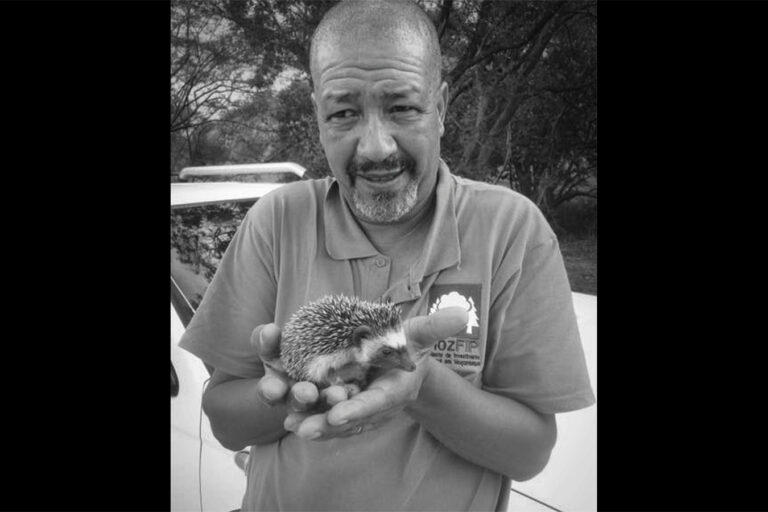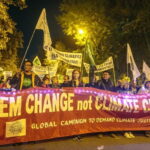For a man who spent his life studying the movements of wildlife, Roberto Zolho was most at peace when not moving at all—drifting in a kayak down the Guacheni channels, pausing to admire an egret, a kingfisher, or a sunlit curve in the reeds. In these secluded corners of Mozambique’s wetlands, he was not a former government official or a decorated scientist. He was simply a witness, content to observe the “amazing birdlife,” as he once wrote with characteristic understatement. Zolho’s legacy lies most visibly in Gorongosa National Park, once a paradise gutted by civil war. Appointed its administrator in 1996, he inherited a landscape where over 90% of large mammals had vanished. Rather than despair, he set about recovery with meticulous care—counting what was left, building systems for what might return, and working closely with the local community. It was his 2005 proposal for species reintroduction that laid the groundwork for one of the most remarkable wildlife restorations in history. By 2025, Gorongosa’s plains were again teeming with tens of thousands of animals, its predators prowling and its forests mending. Zolho saw conservation not as an exercise in nostalgia, nor as a fortress to be built against humanity. His career, spanning more than three decades across Mozambique, Tanzania, South Africa, and Australia, reflected a broader conviction: that biodiversity could only endure if local communities shared in its benefits. Whether coordinating climate resilience programs or leading cross-border conservation corridors, he insisted on integrating ecological goals with the aspirations of rural…This article was originally published on Mongabay
Search
Recent Research
Want your Blog Article featured on our website?
Research
Featured News
How to Make Your Home More Energy-Efficient in 2026
A practical, future-ready guide for lower bills and a smaller footprint Rising energy prices and
Sustainable Break Rooms: Greening the Office Pantry
Photo by Rodeo Project Management Software on Unsplash A break room may seem like a
Solar-powered AI streetlights to fund coastal highway construction
Nigeria’s long delayed Lagos-Calabar Coastal Highway is set to be rescued by thousands of AI-driven,
Big Data Analytics Enhances Renewable Energy sector
The sun doesn’t send bills, but energy companies using renewable energy do. And to keep
From COP30 to Sri Lanka, indigenous voices shape climate & food sovereignty
COLOMBO — When Indigenous groups converged at the entrance of the U.N. Climate Change Conference
Another threat to reefs: Microplastic chemicals may harm coral reproduction
As the sliver of a new moon shines over Kāneʻohe Bay, Oʻahu, millions of tiny
A Practical Guide to Choosing the Right Organizer Bins Online
Choosing organizer bins sounds simple — until you start comparing sizes, materials, and specs online.
How Lagos traders struggle as styrofoam gradually disappears in markets
Traders have continued to count their losses about five months after the Lagos State Government





